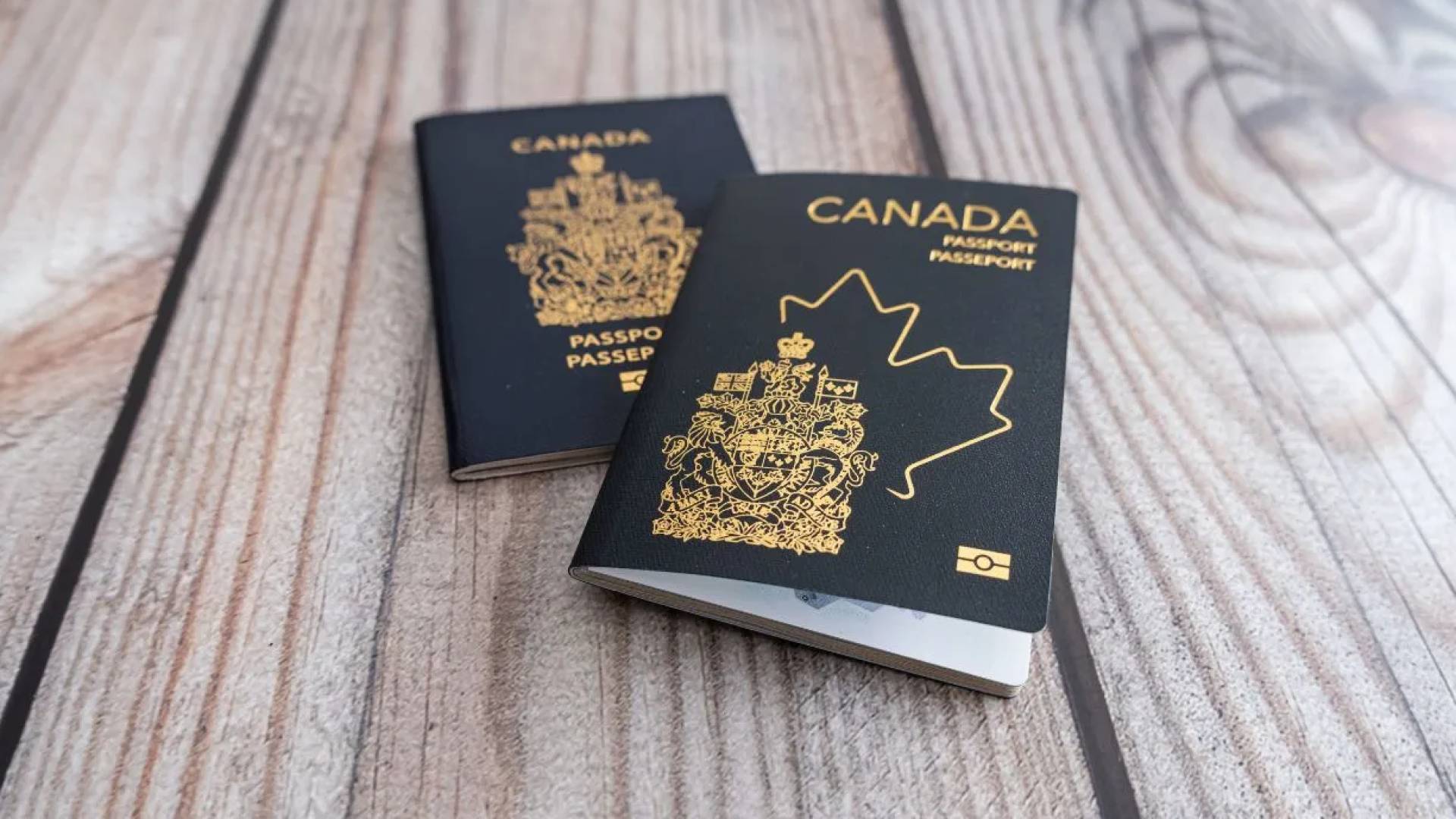Canada agrees to list ‘Israel’ as birthplace after objections
Note: AI technology was used to generate this article’s audio.
Canada has reversed an earlier refusal to list ‘Israel’ as a place of birth on a Canadian passport, following objections from a dual Canadian-‘Israeli’ citizen.
The case involves Anastasia, who was born in Kfar Saba, a city located well within internationally recognized pre-1967 borders (the "Green Line"). Despite her birthplace in internationally recognized 'Israeli' territory, a Passport Canada employee initially refused to record ‘Israel’ on her passport, citing the need to avoid “the political conflict.”
The Clash
The initial refusal quickly drew condemnation, but the incident held a potent irony for many Palestinian Canadians. For decades, their community has fought to have "Palestine" listed as a country of birth for those originating from the West Bank and Gaza, meeting refusal from officials who cited the necessity of avoiding "political entanglements."
They view this historical policy as an act of systemic erasure, a refusal to recognize their fundamental right to national identity.
Now, an employee attempted to impose that same "political conflict" definition onto a citizen born within 'Israeli' territory.
During the application process, Anastasia was reportedly told that, following Canada’s recent recognition of a Palestinian state, certain cities could now list “Palestine” as the country of birth. However, the list of cities the officer cited - including Nablus, Jenin, Ramla, and Jerusalem - indicated a profound misunderstanding of the region's geopolitical divisions and Canada’s own foreign policy.
- Nablus and Jenin are major Palestinian cities located in the West Bank (an internationally recognized territory as occupied since 1967), where the designation of Palestine is diplomatically relevant.
- Kfar Saba and Ramla are located firmly within 'Israel’s' pre-1967 borders.
By treating a city like Kfar Saba as subject to the same ambiguous status as the West Bank, the official was, in effect, negating 'Israel’s' sovereignty over its internationally recognized territory. This action stirred strong feelings among Palestinian observers who felt the bureaucracy was applying a standard of geopolitical ambiguity to 'Israel' that it had historically denied Palestinians seeking recognition of their own identity.
Call for Clarity
Her lawyer, Neil G. Oberman, sharply criticized the refusal, claiming: “No law supports this. No regulation authorizes it. No democracy should tolerate it. Passports are not political documents.”
After continued objections and pressure, Passport Canada reportedly reversed its position. Anastasia confirmed: “In the end … they put Israel on my passport.”
Oberman called for accountability, warning that the incident highlights potential gaps in training among Passport Canada employees regarding the essential nuances of the Middle East map. “Good Canadians should be scared … It’s a slippery slope … It has to stop,” he warned.
To date, Passport Canada has not issued a formal public comment on the matter.




